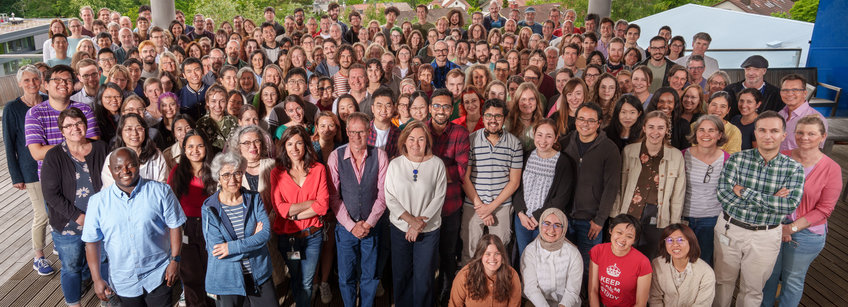
About us
Max Planck Institute for Biology Tübingen
The Max Planck Institute for Biology Tübingen conducts research across a wide range of biological fields, from basic cellular processes to those governing adaptation to changing environments. We link molecular, genetic and developmental processes to observed organismal traits and behaviours in natural contexts.
Contemporary biology covers an enormous spectrum, from research on fundamental cellular processes to predictions about the consequences of global change. But this spectrum is not always continuous: while there is abundant evidence that organisms can adapt to their natural environment, it is often not obvious what the underlying genetic, molecular and developmental processes are. Similarly, while we have an increasing appreciation for the complexities of population genetic events, the underlying ecological factors are often unclear.
A major difficulty in answering these questions stems from the fact that many of these processes operate on different spatial and temporal scales. At the Max Planck Institute for Biology Tübingen, we aim to bridge these scales by studying fundamental aspects of both prokaryotic and eukaryotic biology in lab and natural settings using diverse approaches, including biochemis- try, cell and developmental biology, evolutionary and ecological genetics, functional genomics, and computational biology.
A major component of our approach is the development of novel model systems. We collaborate with the Friedrich Miescher Laboratory, which supports young scientists and hosts up to four research groups. Topics at the Friedrich Miescher Laboratory include chromosome segregation during meiosis and the genetic basis of complex traits. The Friedrich Miescher Laboratory’s dedication to nurturing young researchers provides a continuous influx of fresh ideas and innovative approaches, enhancing the overall research environment at the Max Planck Institute for Biology Tübingen.